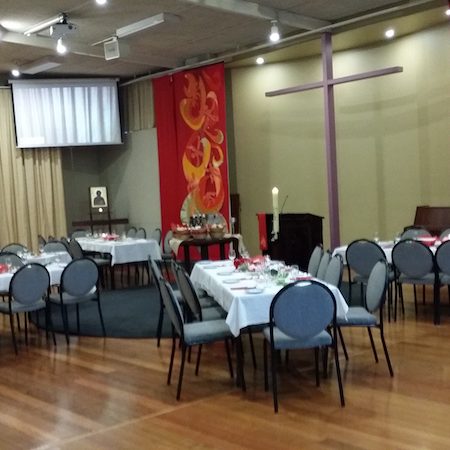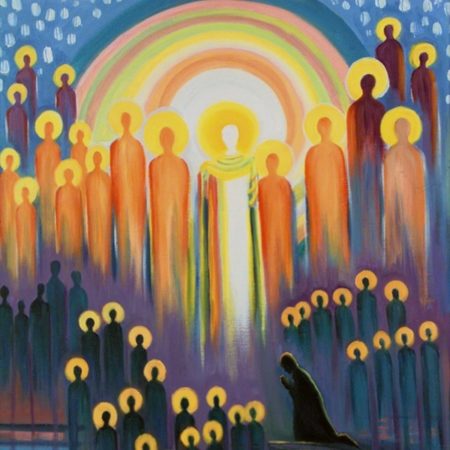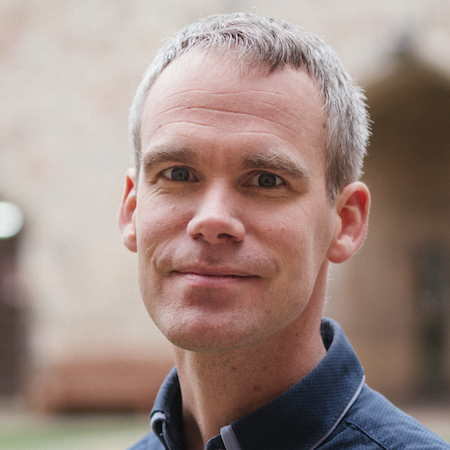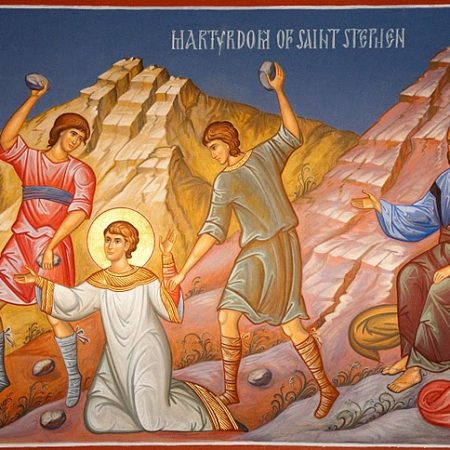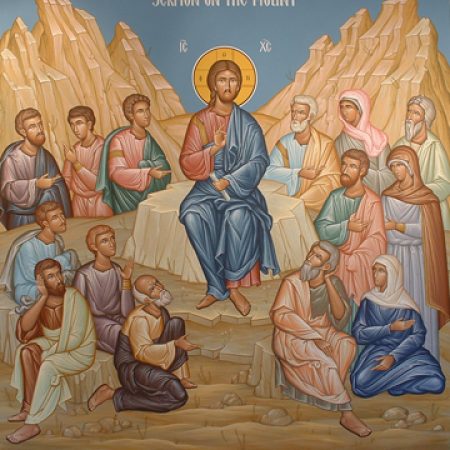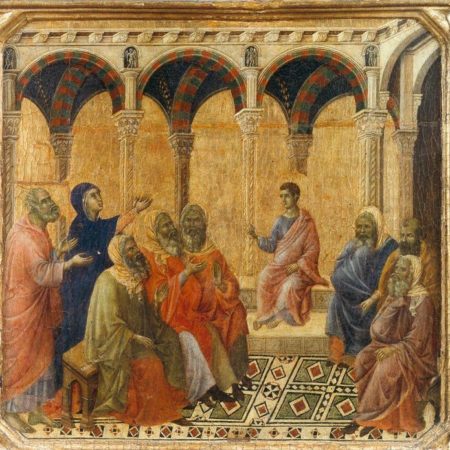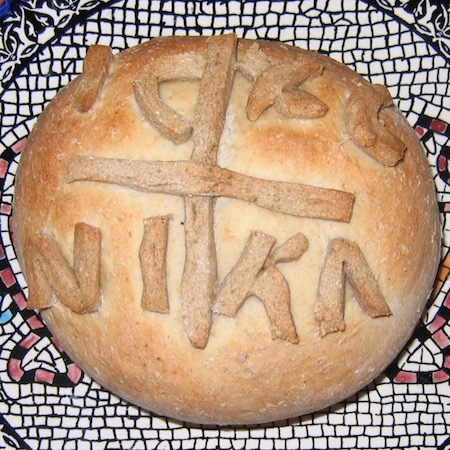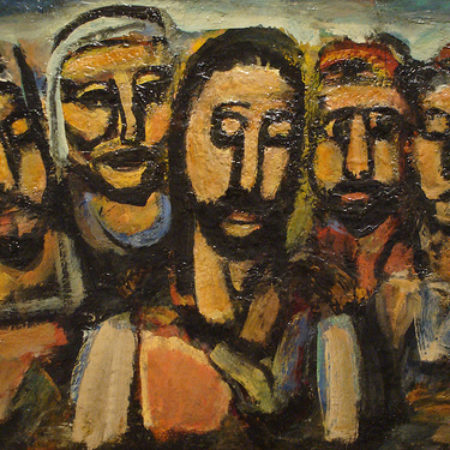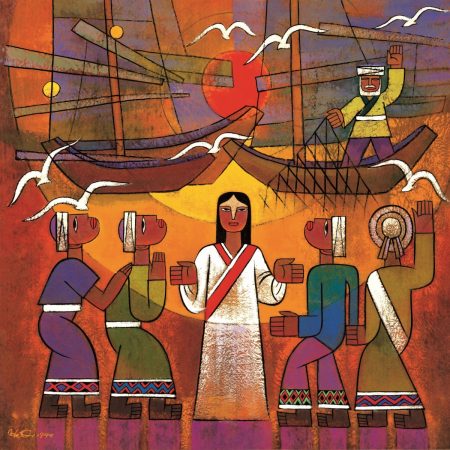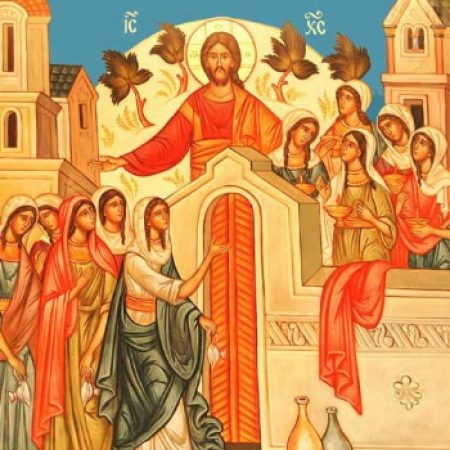The measure of the value of our worship is the measure of the transformation of our lives into imitations of the love and kindness of Jesus.
Sermons on Virtues
Living the beatitudes is tough and dangerous, and we will need the inspiration and company of the saints, before us and beside us, if we are going to make it.
Being a disciple of Jesus is not about changing behaviour, it’s about changing life! It’s about being changed at our very core so that our inner motivations and attitudes are transformed.
The beginning of wisdom, the entry onto the road that leads to life, is reverence for God, which shapes our character and therefore our lives.
Paul’s word play on drunkenness is both a useful contrast and a useful comparison for Christian living.
God knows our tribulation and will keep us in the right way if we will trust to do right without fuss and without favour.
In the culture of Jesus, the very conditions that create discomfort, struggle, suffering and even scorn, paradoxically are transformed into the essential ingredients to inherit and inhabit the kingdom of God.
True martyrdom involves suffering even unto death. But, no less important, the martyr sees what other people may not be seeing, and opens their eyes to it.
Acknowledging and appreciating Jesus is relatively easy, but we find it much more difficult to transform our lives in conformity with his teaching.
Most of us are addicted to achieving results and success, and it is crippling us. Jesus leads us towards an unexpected and almost unrecognisable freedom.
Jesus models for us a willingness to listen, learn and grow rather than a domineering certainty that insists on knowing who’s right and who’s wrong.
Jesus calls us to choose between the old bread of hostility and death and the new bread of compassion and life.
Pretending to be better than we are alienates us from God and one another. Being open and real about our weaknesses and failures open us to God and one another.
The culture of God is emerging in our present world, confronting us with a choice – do we cling to our allegiance to the cultures that have raised us or let go of them and embrace the culture of God.
Our freedom in Christ renders the law irrelevant as a factor in our relationship with God, but we are set free to grow into union with Christ, not to fall into new slaveries.
While we are called to be a sharing community and thus to have no need of worry for tomorrow, you can’t look to others to provide you with the fruits of a life lived in generosity and prayerfulness.
Jesus’s quest for reconciliation is far wider and more discomfortingly radical than our tendency to jump on the bandwagon of popular justice causes.
Christians are to be known for what they celebrate and affirm and encourage rather than what they are against.
Jesus’s invitation is radically open and inclusive, and we need to guard carefully against our own culturally conditioned instincts to start narrowing and policing it.
With every step we take towards God’s economy, we will become more powerful in our witness to God’s saving action and love for the world, and be filled ever more deeply with God’s good grace.

